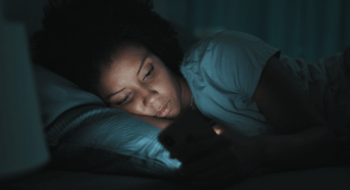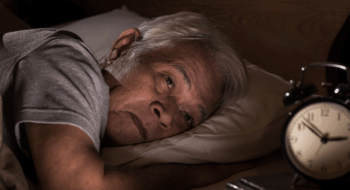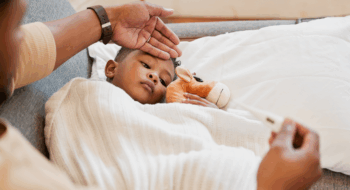If your stomachache won’t go away, it might be more than just something you ate. Pain in the abdomen, especially with fever or nausea, could point to diverticulitis.
What is diverticulitis?
The colon forms an upside-down U in the abdomen, linking up with the small intestine in the lower right side of our abdomen, traveling up and across just under the diaphragm, then down the left side on the way to the rectum.
The colon’s job is to recycle water from the remains of the digested food that has passed from the stomach and through the small intestines. By the time those remains arrive in the lower left side of the abdomen, they have become stool.
Over time, our colon can develop weak spots in its walls that bulge out to form pockets known as diverticula. While these pockets aren’t a problem on their own, they can become an issue if they tear or get infected.
How it happens
Straining during bowel movements can put pressure on weak spots in the colon. This can lead to tears or infections in the diverticula. The body responds with inflammation, which causes the pain and swelling associated with diverticulitis.
“When a patient arrives with symptoms of diverticulitis, a CT scan of the abdomen can be performed,” says Dr. Sebastian Abadie, a gastroenterologist with Tidelands Health Gastroenterology at Murrells Inlet. “It can show several things, ranging from thickness and inflammation to a perforation in the colon.”
How to treat diverticulitis
A mild case of diverticulitis can usually resolve on its own with rest and a change in diet. More serious cases can require intravenous antibiotics and surgery to fix the tear in the colon, especially if it is leaking gut material into the body cavity, a condition that can cause peritonitis.
Who is most at risk?
Your risk increases with age. Other contributing factors:
- A low-fiber, high-red-meat diet
- Obesity
- Smoking
- Heavy alcohol use
Doctors recommend doing a colonoscopy six to eight weeks after recovery from an acute diverticulitis episode. It’s increasingly important for people 45 and older to get a colonoscopy to rule out colon cancer.
“Colon cancer or inflammatory bowel disease can mimic diverticulitis,” Dr. Abadie says. “Seek medical attention if you have severe abdominal pain, don’t stay home.”

Dr. Sebastian Abadie
Gastroenterologist at Tidelands Health Gastroenterology
Bio
Dr. Sebastian Abadie is an experienced gastroenterologist who offers care at Tidelands Health Gastroenterology at Murrells Inlet.
Learn MoreMedical Education
Education
- National University of La Plata, Doctor of Medicine
Residency
- East Carolina University, Internal Medicine
Fellowship
- Metro Health Medical Center, Gastroenterology
Awards
- ABIM (American Board of Internal Medicine)
- ABIM GI Boards
- ECFMG Certification
Meet the Expert
Dr. Sebastian Abadie
Dr. Sebastian Abadie is an experienced gastroenterologist who offers care at Tidelands Health Gastroenterology at Murrells Inlet.




